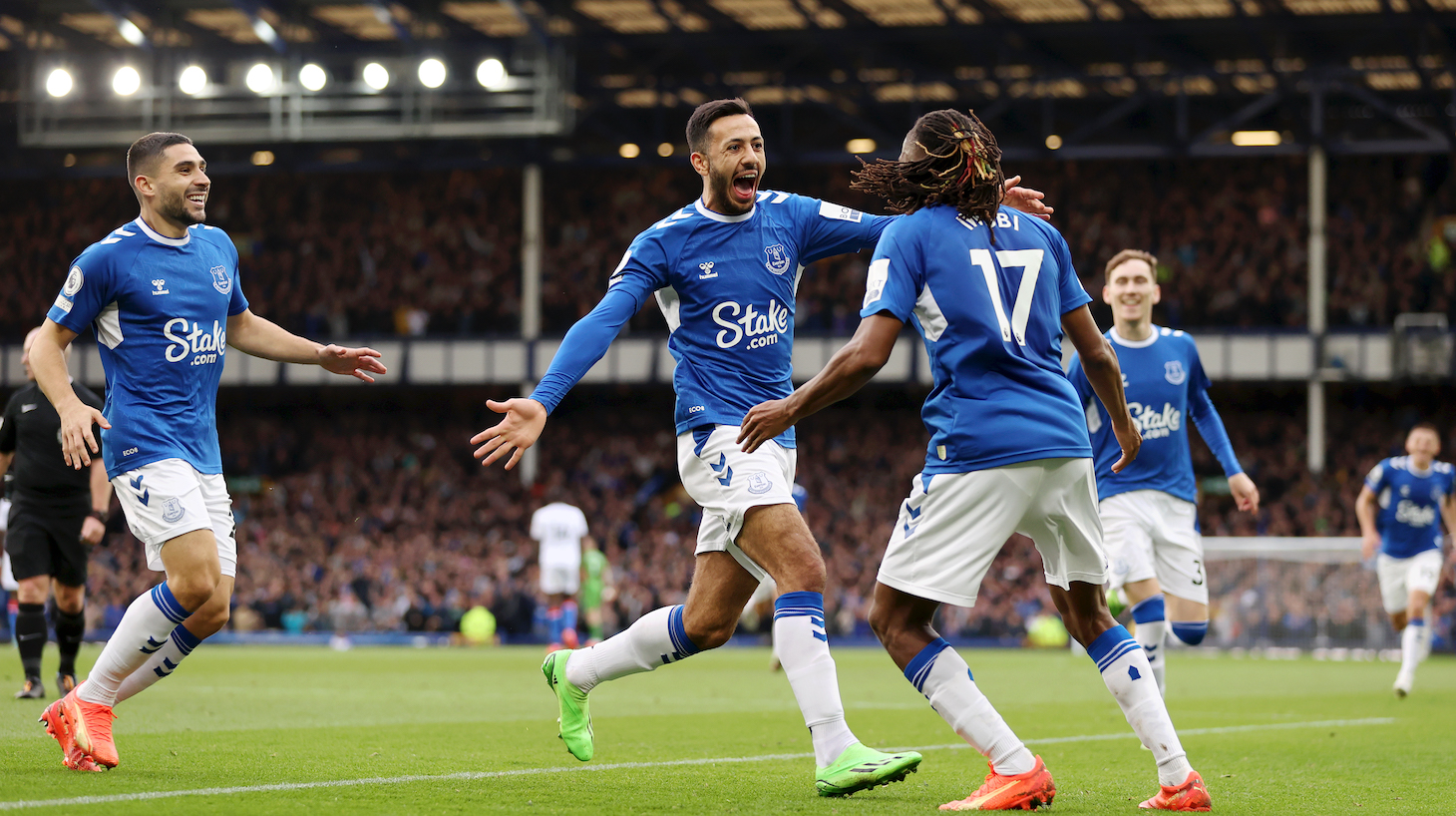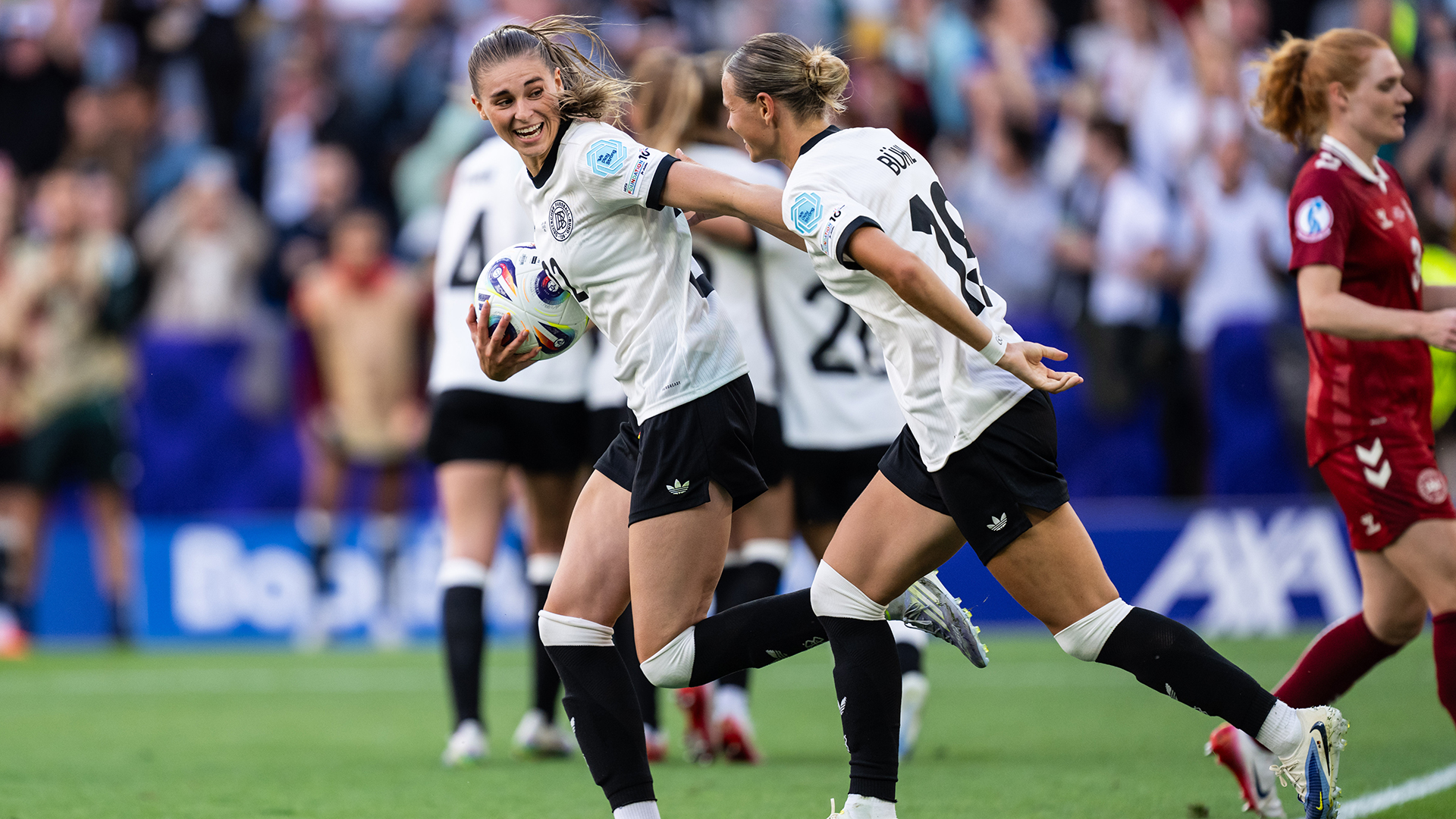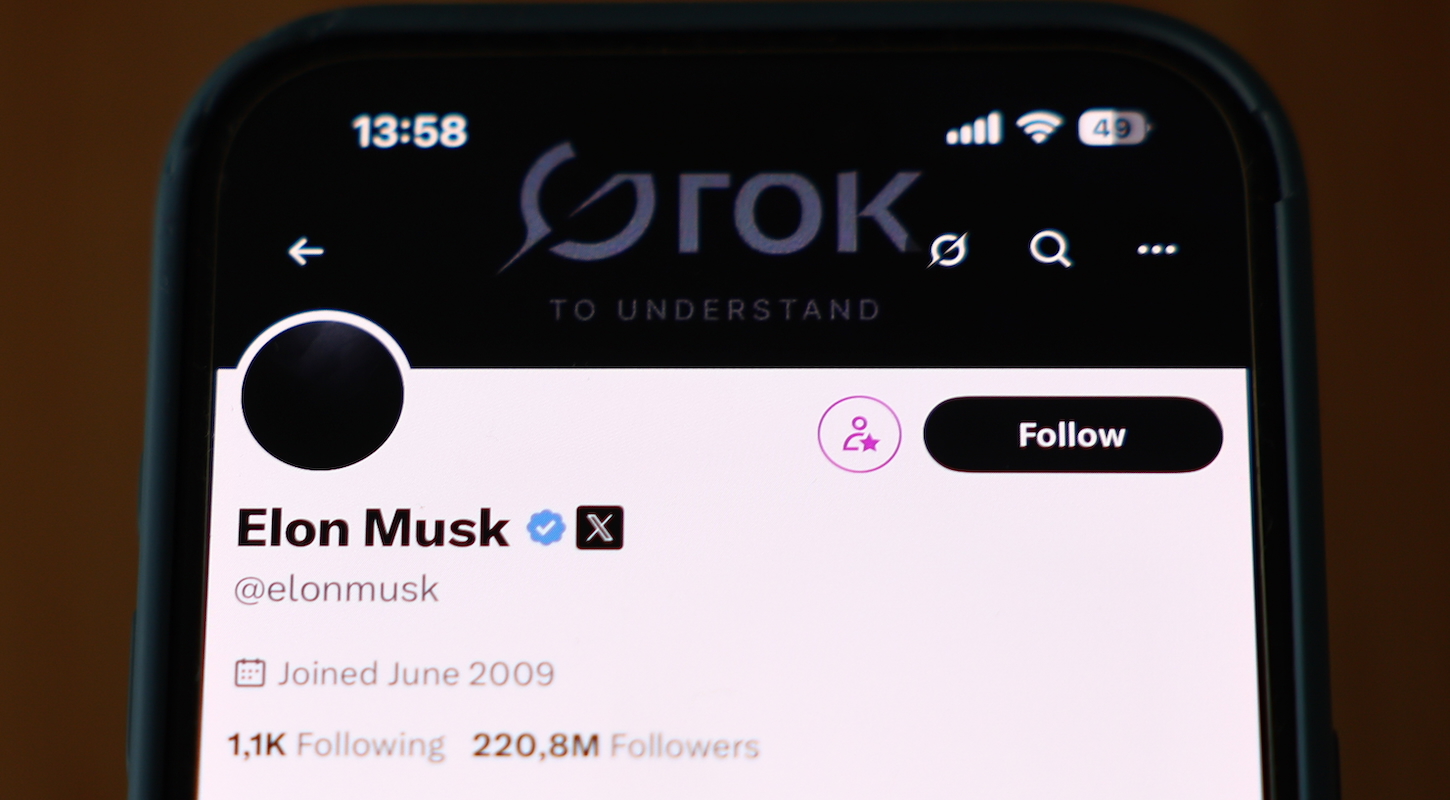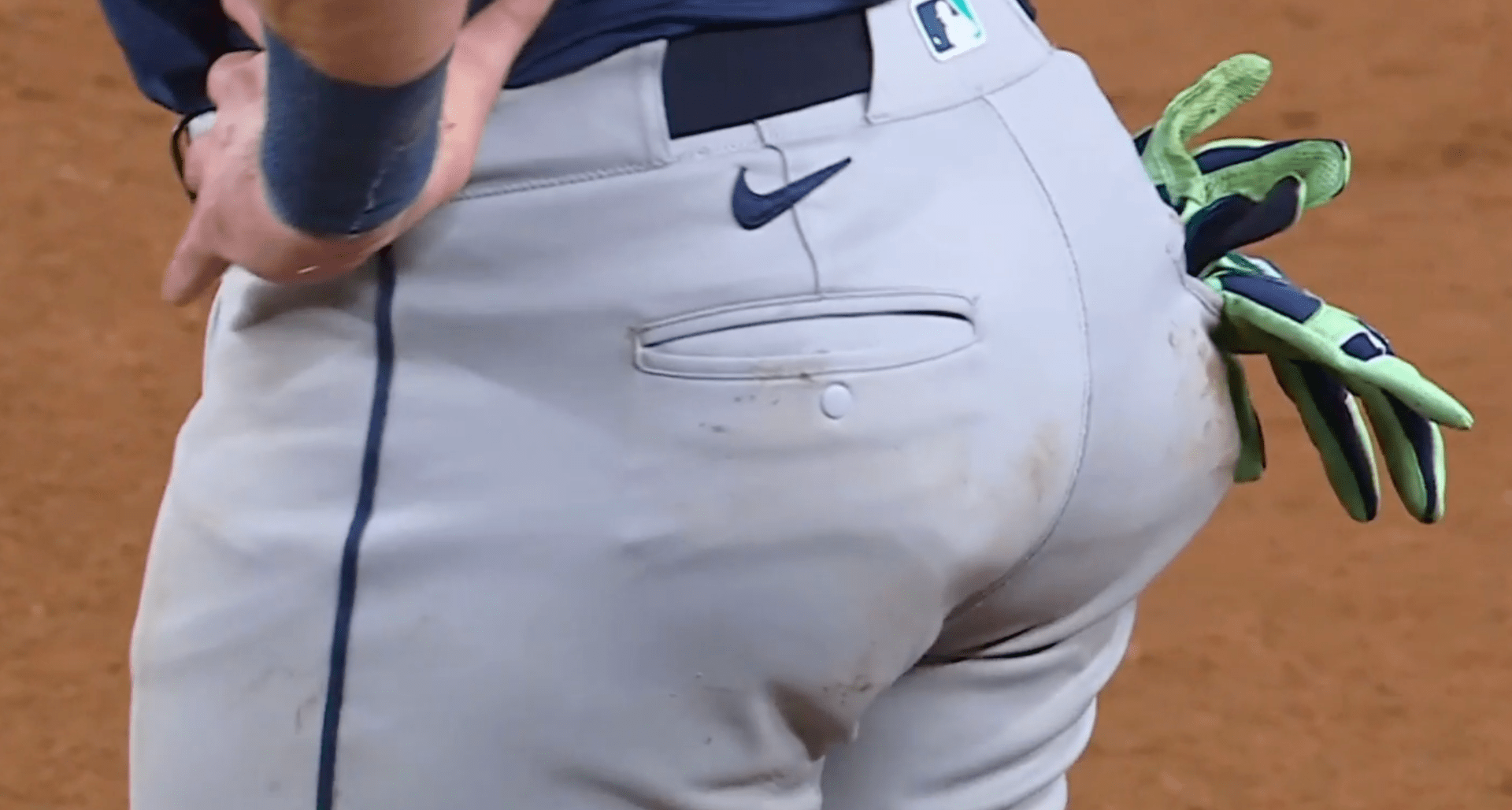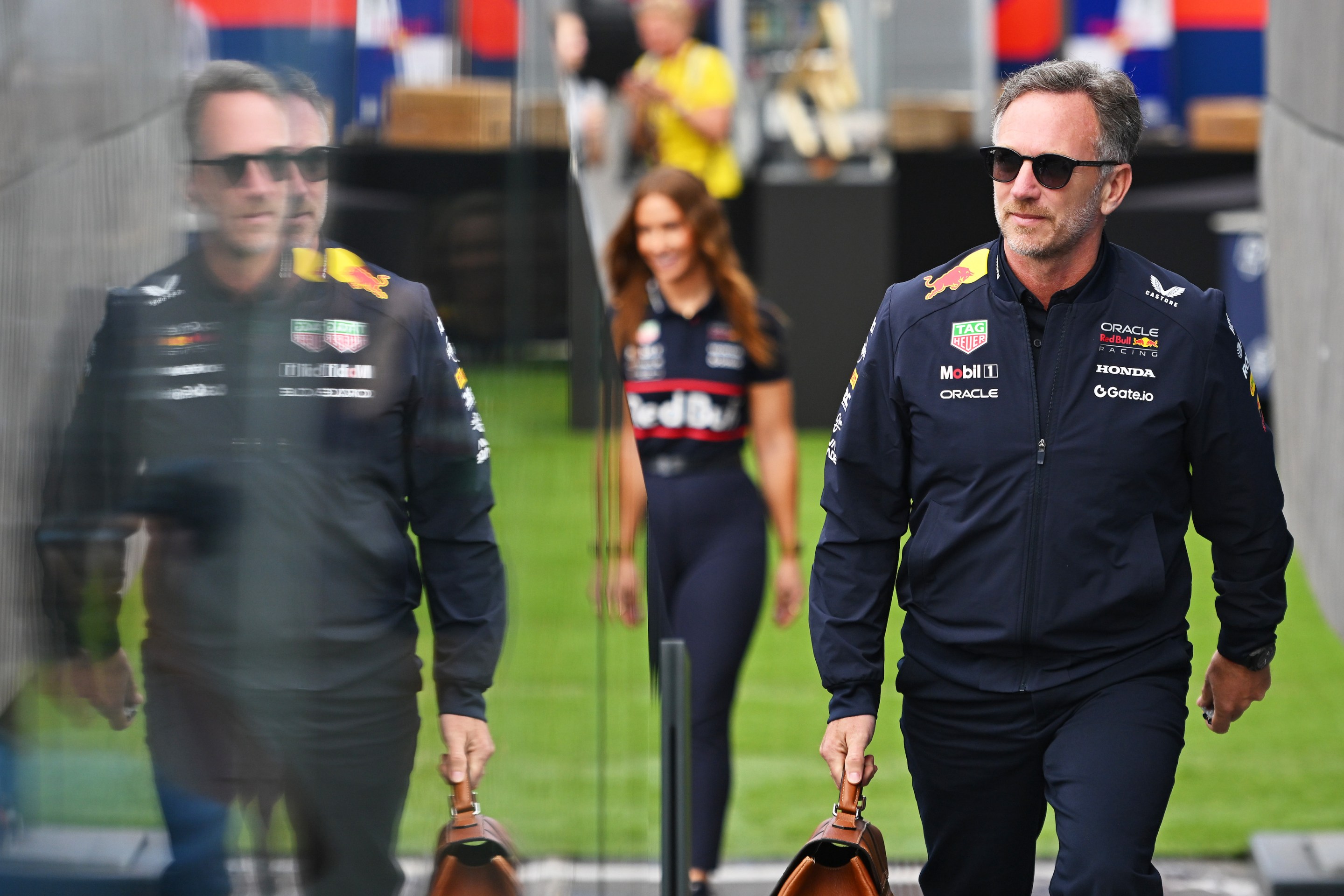Everton's standing is pretty miserable at the moment. For so long the doyen of the Premier League's aspirational middle class, the Toffees of late have exchanged top-four dreams for relegation-battle reality. Several other clubs now do the Everton thing better than Everton does, and because the club is still recovering from its recent, expensive, and failed attempt to nip at the Big Six's heels, it is unclear when the Merseysiders will be able to buy their way out of the basement, let alone mount another charge further up the table. Last year was a nightmare, albeit one with a happy ending. Toffee fans might've hoped this season would be at least a little less dire, but so far the team has inspired little confidence in its ability to stay comfortably clear of the drop zone. For this team, optimism is hard to come by.
But it's not all bad. Even though Everton sold its best and most popular player in the summer, the club was able to add a couple pieces that have shored up two of its biggest weak points—namely, its defense, fortified by Conor Coady and James Tarkowski, and its midfield, strengthened by Amadou Onana and Idrissa Gueye. In charge of the on-field product is still Frank Lampard, who has continued to prove that he is a pretty good and pretty creative manager. The campaign so far has been unremarkable in both the bad and good senses, meaning there's not been much to enthuse about but also not much to despair over, either. If the team can just stay healthy (see: Calvert-Lewin, Dominic), it still looks to have enough about it to stay up this season. And should Everton achieve the modest success available to it, it will most likely be thanks to Alex Iwobi, the one player who's really shining right now.
This season has been one of renaissance and redemption for Iwobi. Signed for big money three years ago as one of the latest exciting young talents to emerge out of Arsenal's youth setup, Iwobi's tenure has not been what anyone expected, even now. Iwobi broke onto the scene with as one of those fast, dribbly, technically gifted wide players Arsenal regularly churns out. Everton bet big on him, presumably envisioning him as a foundational piece out on the left wing. But the 26-year-old Nigerian has been closer to a bust than a success thus far, offering neither the creativity nor the goals usually expected of a £30 million wide forward. This year, however, playing a new role, Iwobi has come alive.
After struggling to hold down a starting spot along Everton's attack in his first three seasons at the club, Iwobi has been recast this year as a central midfielder. Few (though some did!) would've foreseen a deeper and more central role in the younger Iwobi's future, but the change of position has unleashed him. In retrospect, the move makes all the sense in the world. Iwobi's fit out on the wing was more circumstantial than natural. Because he's so fast on the run and so tricky with the ball at his feet, many thought his best position would be out wide where the fastest and trickiest players tend to live. But the rest of Iwobi's game makes clear why he feels so comfortable in the middle, where the action is.
Iwobi's game is all about movement—his own movement and the ball's. He is great at sitting in the little pockets of space between the opposition's lines, presenting his teammates with great passing options that disorganize the defense. In those spaces, he is obviously adept at turning and running at defenders, using his well-established quickness and dribbling skills, but he also has a great understanding of where his teammates are and how he can move the ball to them in a way that accelerates the play and opens up opportunities to threaten on goal.
Iwobi is not the most creative passer, if by creativity you mean the ability to play killer final balls to set up his teammates for shots, but he is creative in how he solves the problems a defense poses, choosing and executing difficult, non-obvious passes. (Side note: his passes always have a wonderfully aesthetic speed and tension to them. I'm positive an audio recording of the sound of his passes, the ball skittering over the grass, would get millions of listens from the ASMR crowd.) He knows how to wait and when to release the ball, and, like any good student of Arsène Wenger, is really good at little pass-and-move combinations. While not quite a fountain of assists, he's often the one who plays the unlocking pass that kick-starts the play that eventually results in an Everton shot. (A shot his teammates usually miss; again, this team is not very good, and is actively bad at scoring.) And Iwobi can even get assists of his own too, as shown by the team-leading five he's racked up already this year, just one shy of his previous single-season best.
The best proof of Iwobi's influence came in last Saturday's match against Crystal Palace. The Toffees' 3–0 win was the team's best performance of the year, and was only the second time they'd scored more than a single goal in a match. Iwobi had a key role in all three goals, assisting two of them and playing the unlocking pass on the third. Two of the goals in particular demonstrated what kind of player Iwobi is, and how good a team Everton can be the more it is shaped by Iwobi.
The first example came on Anthony Gordon's goal, the second of the match. It was a dream of a team build-up goal, starting from Jordan Pickford's short pass on a goal kick and ending just 20 seconds later with Gordon's tap-in. Along the way, the one-two Iwobi played with Calvert-Lewin and the pass the Nigerian then sent onto Demarai Gray were the two crucial moments that really allowed the move to develop:
From back to front, a superb team goal 🤌 pic.twitter.com/aAuMdVAMly
— Everton (@Everton) October 23, 2022
The even flashier play came on Everton's third goal, when Dwight McNeil ran through the Palace defense, sent a pass onto Iwobi's support run into the penalty box, which Iwobi then returned with a delightful first-time back-flick that set up McNeil for an easy finish:
Iwobi is at his best when he can go where the play needs him, and can guide where the play goes from there. He showed flashes of this in Wenger's Arsenal, where wide attackers tended to play more like No. 10s than touchline wingers. In what once looked like a fitting role on the wing at Everton, his game was constrained. With the new position and free-flowing scheme Lampard (who deserves a lot of credit for seeing the possibilities of such a drastic position switch) has handed him, Iwobi is now playing the best soccer of his career.
Everton doesn't have all that much to look forward to this season, since the best case scenario is probably something like a painless and forgettable lower-midtable finish. But if there's reason to expect some good to come from Everton's individual matches, and reason to believe Everton might have something to build on in the near future, it will most likely come from the new and improved Iwobi.
